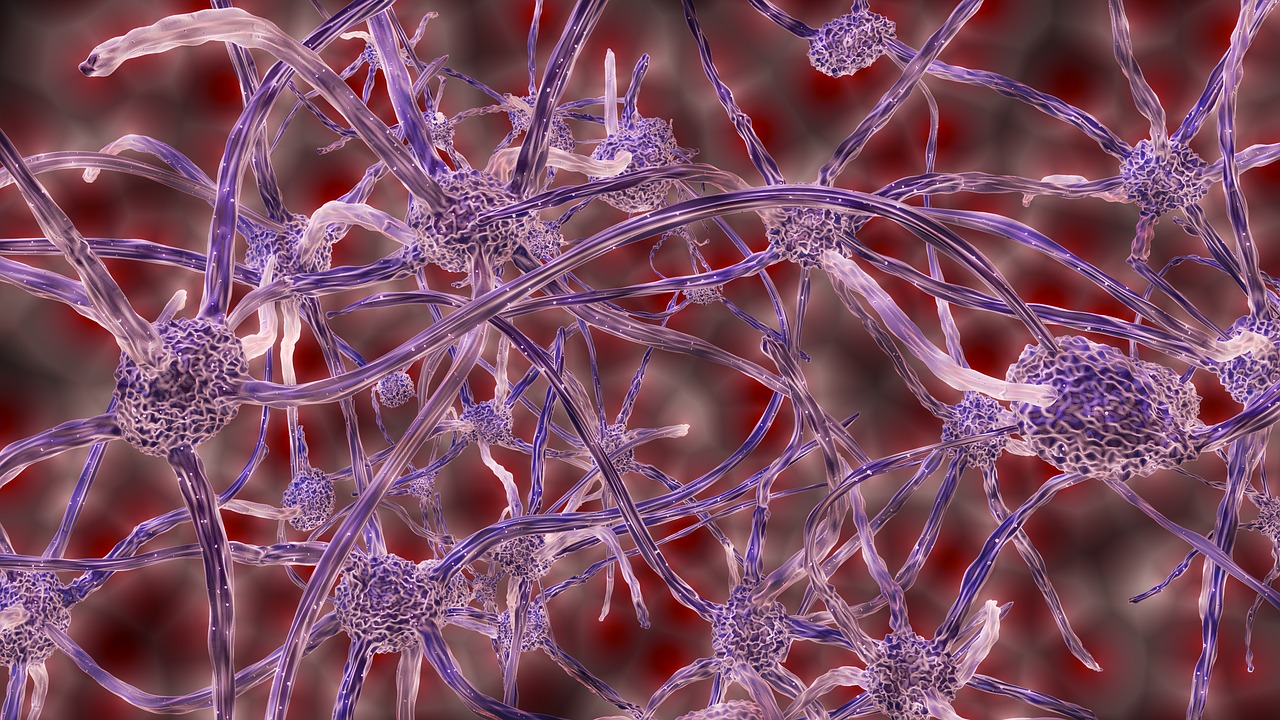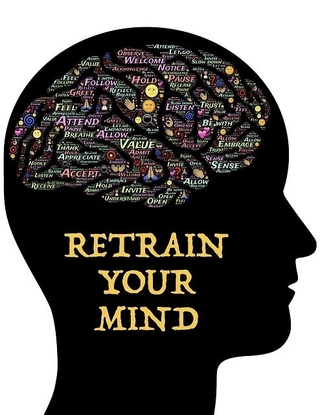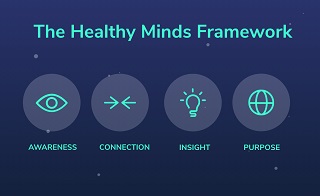
Neuroplasticity is an important subject due to its implications and success in the area of mental health. The biological mechanisms of neuroplasticity help scientists understand the processes of learning and behavior.
Additionally, it provides a model with essential details regarding the recovery of brain injuries and neuropsychiatric disorders. Since it is proving to be successful, it is important to learn how you can develop more of it, and how it can have a positive effect on your long-term mental health.
What is Neuroplasticity?
The human brain is a fantastic and extraordinary creation, which also makes it very complex. For instance, it can receive both hardware and software updates, unlike a computer system that only receives software updates periodically.
One thing to know about the brain in order to understand neuroplasticity is that we tend to create new connections between our neurons each time we learn something new. Whenever we feed our brain with a new piece of information, it rewires itself in order to adapt to the new situation.
This rewiring and development of new connections between neurons happen every day as we go about our day and consume information through media, conversations, or other material. The brain forms new pathways every single day while others fall dormant or are discarded according to our experiences and needs.
While the process that takes place on a daily basis is natural, it is also something that we can stimulate and encourage with choice. This is where neuroplasticity enters the picture. Neuroplasticity refers to the ability of the brain to create new pathways and connections to change how our circuits are wired.
How We Re-wire Ourselves

Our brains get more efficient the more we do the same thing.
It is the biological process through which the brain’s response to stimuli affects the strength of synapse connections, encouraging the growth of new ones. This process culminates the strengthening and weakening of relevant and irrelevant connections, respectively.
Because of the brain’s dynamic response, our minds grow more efficient and better at responding to repeated stimuli.
What’s more, these synaptic changes also contribute to alterations in large neural connections of the brain. These larger circuits may very well be ones that are responsible for important functions of the body. For instance, a large neural network may be responsible for determining our behavior in certain circumstances. These may be created in order to help us learn or remember something important.
While it is already seen to be playing a role in several neurological illnesses and disorders, evidence also reveals that dysfunction of this natural function can cause pathologies.
According to Richard J. Davidson, founder and chair of the Center for Healthy Minds at the University of Wisconsin-Madison, the brain can take tasks from damaged neurons and give them to healthy ones. Using neuroplasticity, the brain successfully reassigns jobs to maintain healthy neuronal function.
Importance of Neuroplasticity

Richard J. Davidson’s work in neuroplasticity led to the creation of the Healthy Minds Program
What makes neuroplasticity, so incredibility important is the fact that it serves as the root of human experiences, especially the most important ones. It would be impossible for the brain to learn or retain memory if the mechanism of neuroplasticity didn’t exist.
Below are a few areas where neuroplasticity plays a significant role.
Learning for Neuroplasticity
Neuroplasticity plays a vital role in the process of learning new information. When the process enables the brain to reconfigure itself and make or break neural connections, new information and skills are acquired. What this means to you is, the best way to develop more neurplasticity is to try new things.
It is extremely important for any new information to impact the brain for the mind to learn and remember it. According to many neuroimaging studies, people who learn a second language experience significant anatomical changes in the brain. This means that neuroplasticity changes the physical structure of the brain to make place for new information.
This important research in how we learn has shown that we can takes steps today to have a healthier mind in the future. Similar to how we exercise to maintain lasting good health as we age, we can learn a new language or musical instrument to help reduce the likelihood of illnesses like dementia and Alzheimer’s.
Stroke
Neuroplasticity also shows a deep connection with strokes. Various research suggests that the brain is capable of giving dynamic responses to structural changes in the neural circuit. So, neuroplasticity can play a vital role in the recovery of the human brain from severe injuries such as stroke.
Many patients who have experienced a stroke show successful recovery as a result of the brain’s capability of neuroplasticity. According to the evidence, rehabilitative learning methods can boost neuroplasticity, leading to outstanding recovery outcomes. This means that neuroplasticity mechanisms can help the brain regain its functions by creating new neural connections.
Depression
As scientists continue to find ways of utilizing neuroplasticity processes for the treatment of brain injuries, they have also seen it play a role in the development of depression. When neuroplasticity is not adequately regulated, brain pathways can lead to depression and severe neurological symptoms.
New evidence in both mindfulness meditation and some antidepressants show promising results that the regulation of neuroplasticity can have a positive effect on outcomes. While more research needs to be conducted, both of these treatments may very well be working to correct or reverse structural plasticity that previously had negative symptoms.
Maintain a Healthier Mind

The Healthy Minds Program is a simple way to keep your mind healthy as you age.
Neuroplasticity is the main component in your ability to maintain a healthier mind. Keep in mind that the whole process of learning, mixed a plateau in skill development and working through it, all helps to move you forward.
As a Master Life Coach, I have evaluated several apps to help keep your mind healthy. One in particular has connected well with clients who have done mindfulness meditation for years, as well as those brand new to meditation.
Check out The Healthy Minds Program – you can download it for Android or iOS, and let me know how you like it!

Paul Strobl, MBA, CPC
Owner of Confide Coaching, LLC
Paul is a Master Life Coach for GenX and GenY executives and business owners. Originally from Houston, Texas, he has been location independent for most of his adult life. He currently resides in the Rhodope Mountains of Bulgaria near the Greek border with his brilliant wife, 14-year-old stepson (officially adopted in 2021!) and a Posavac Hound rescue.
Sources
https://www.frontiersin.org/articles/10.3389/fpsyg.2017.01657/full
https://pubmed.ncbi.nlm.nih.gov/28246558/

